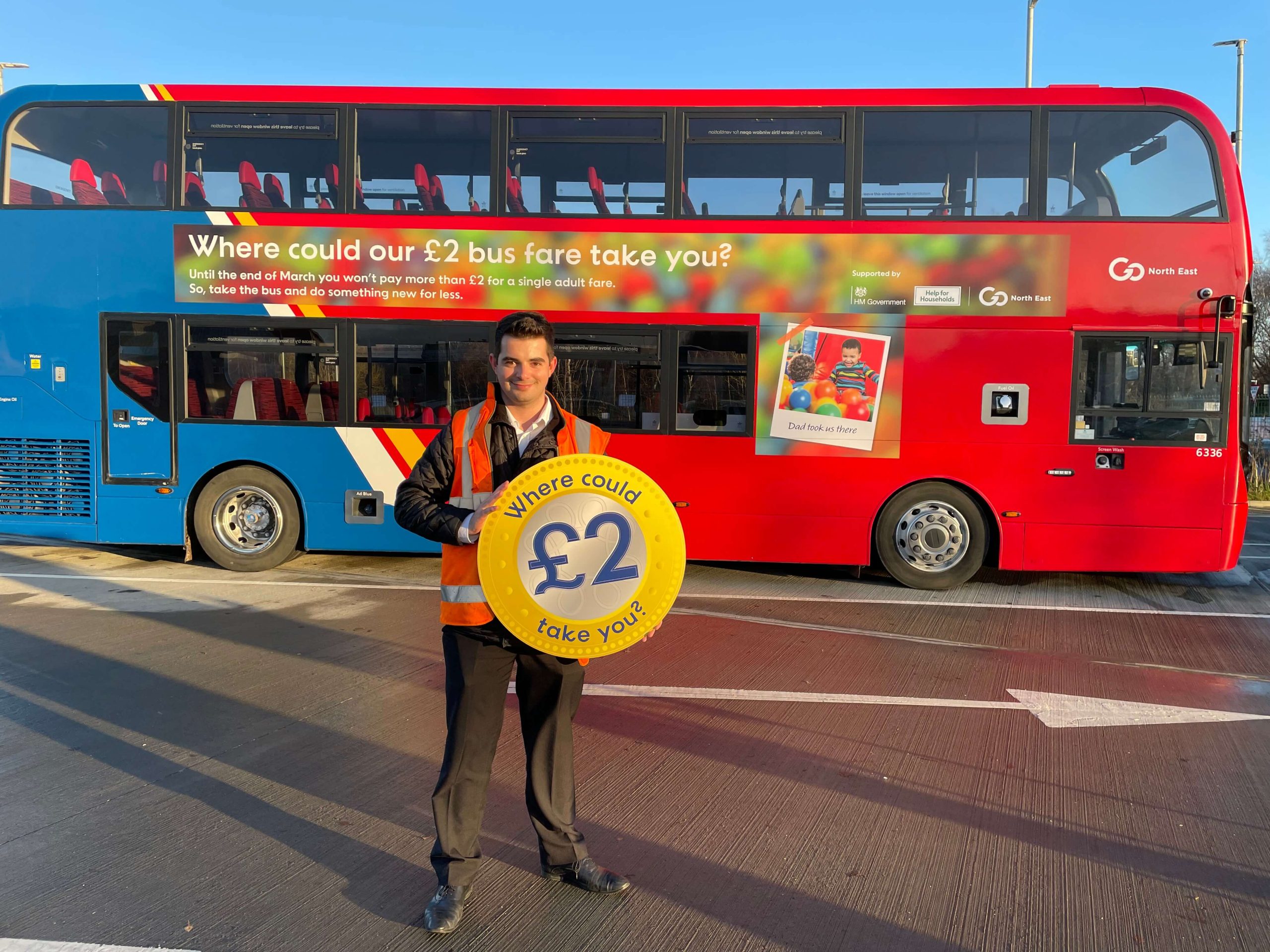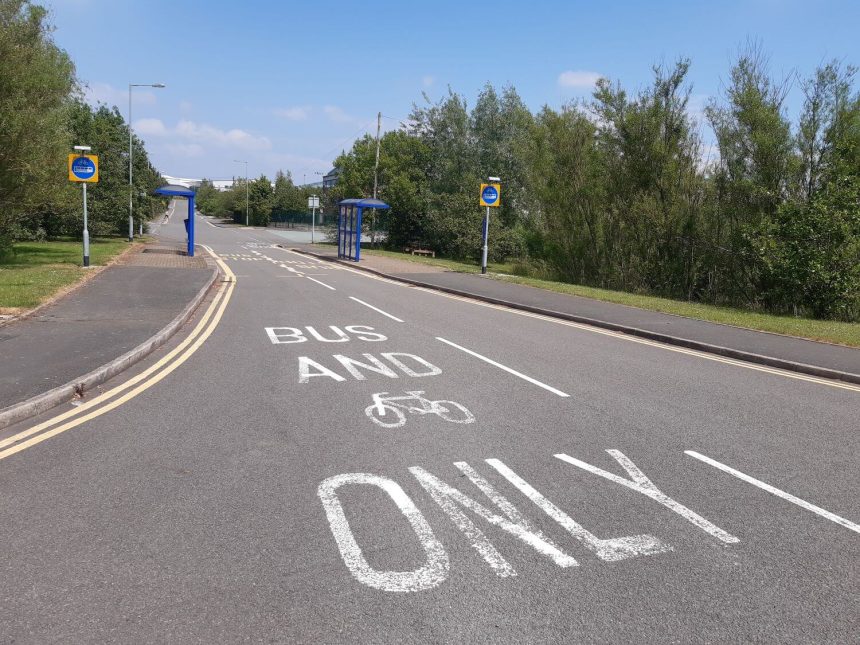Improving public transport can make a real difference to household finances, writes Confederation of Passenger Transport CEO Graham Vidler
Put simply, transport poverty — when the total costs of transport drives a household into poverty — should not exist. Everyone, regardless of where they live and what they earn, should be able to access jobs, education and essential services.
Given that 40% of low-income households and more than three quarters of jobseekers do not have access to a car, the fairest way to deliver this is to ensure a decent level of bus service for everyone.
Studies have shown a direct correlation between improvements in local bus connectivity and reductions in social deprivation, and modelling suggests that a 10% decrease in bus journey times could increase those in work by 50,000.
For every 10% decrease in public transport speed relative to motoring, the average household pays over £400 more each year for transport.
The Social Market Foundation’s (SMF) recent report, Getting the measure of transport poverty, worryingly revealed that the cost of transport as a whole keeps over five million people in poverty.
Unsurprisingly, cars are by far the most expensive mode of transport, both per mile and overall, with the average cost of a trip estimated at around £6 compared to £2.40 for the average single bus fare — now capped at £2 across much of the country.
The fare cap is no doubt welcomed by millions of families trying to make ends meet, but it only helps those who are able to access a bus service that takes them where they need to go and at the right time.
We know that is easier said than done in some places. In rural areas, for example, low population densities and longer distances between stops makes it more difficult to deliver bus services commercially.
This has been exacerbated since the pandemic, with slower recovery in concessionary travellers coupled with spiralling costs of delivery brought about by soaring inflation.
This is all set against a backdrop of long-term decline in local authority funding for bus services, with the decade immediately before the pandemic seeing local authority-supported bus mileage halved.

Pressure on public spending is not going to be alleviated any time soon, so it is imperative that we find a way of providing bus services in these harder-to-serve areas in a sustainable way.
With tough choices to be made on how to spend limited local authority budgets, the government needs to provide clarity to local authorities on their role in supporting socially and economically necessary bus services, as promised in the National Bus Strategy.
This must be backed by long-term, stable funding which enables local authorities and operators to properly plan and invest in networks.
In urban areas, ensuring bus services are fit for purpose means keeping them out of congestion.
The SMF’s report reveals that, for every 10% decrease in public transport speed relative to motoring, the average household pays over £400 more each year for transport. It also increases operating costs and discourages people from using the bus, all of which make it harder to deliver sustainable bus services for those that need them.
Governments at national and local levels must put in place measures that keep buses out of traffic so passengers can get to where they need to be on time.
We are grateful to Gideon Salutin and the SMF for this vital piece of research, of which we were given a sneak peek back in April when Gideon took part in a panel session at our 2023 conference.
You can hear more from such prominent speakers at the Confederation of Passenger Transport (CPT) UK Conference and Annual Dinner in London in London on 18 January, as well as finding out more about CPT’s priorities, alluded to above, for the next government.
The conference is free to CPT members so be sure to book your place now, along with tickets for the CPT 50th Anniversary dinner that evening.
Wishing you all a merry Christmas and happy new year.



























